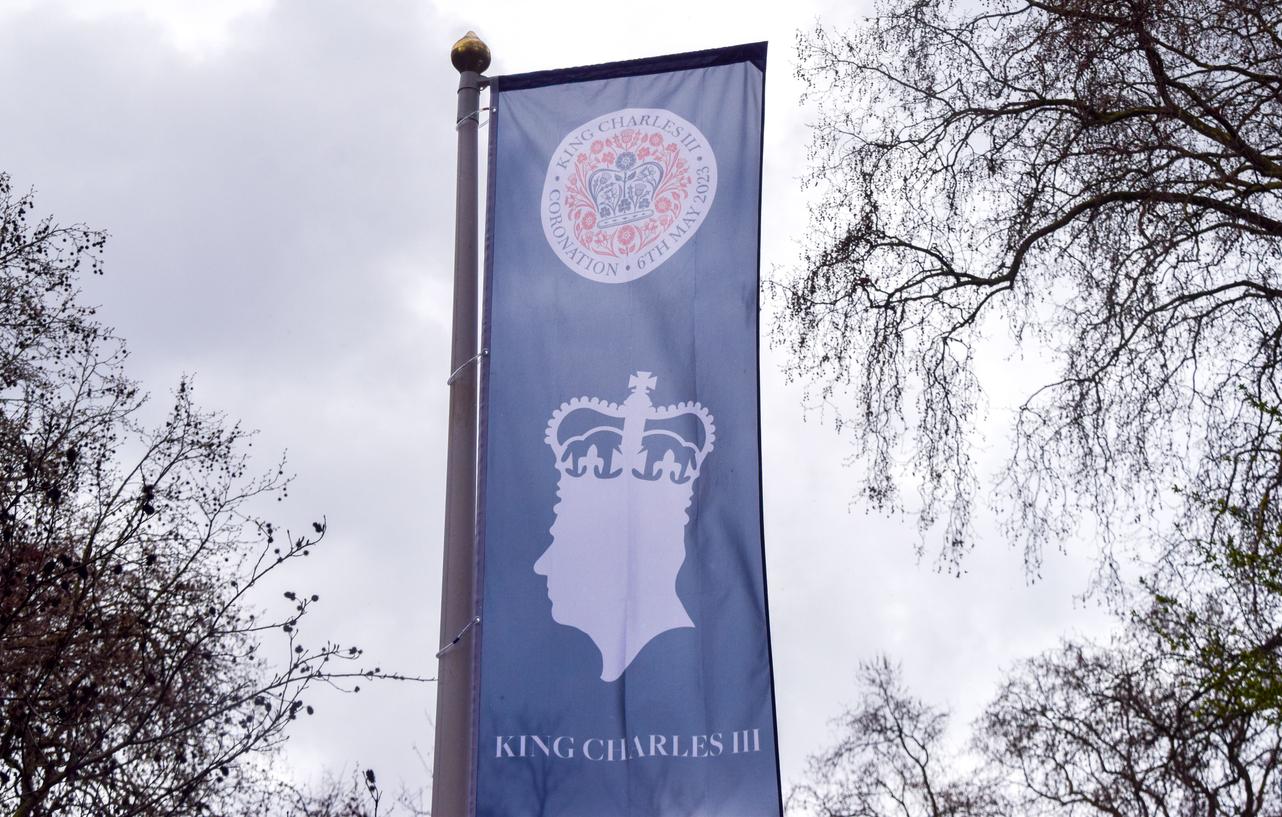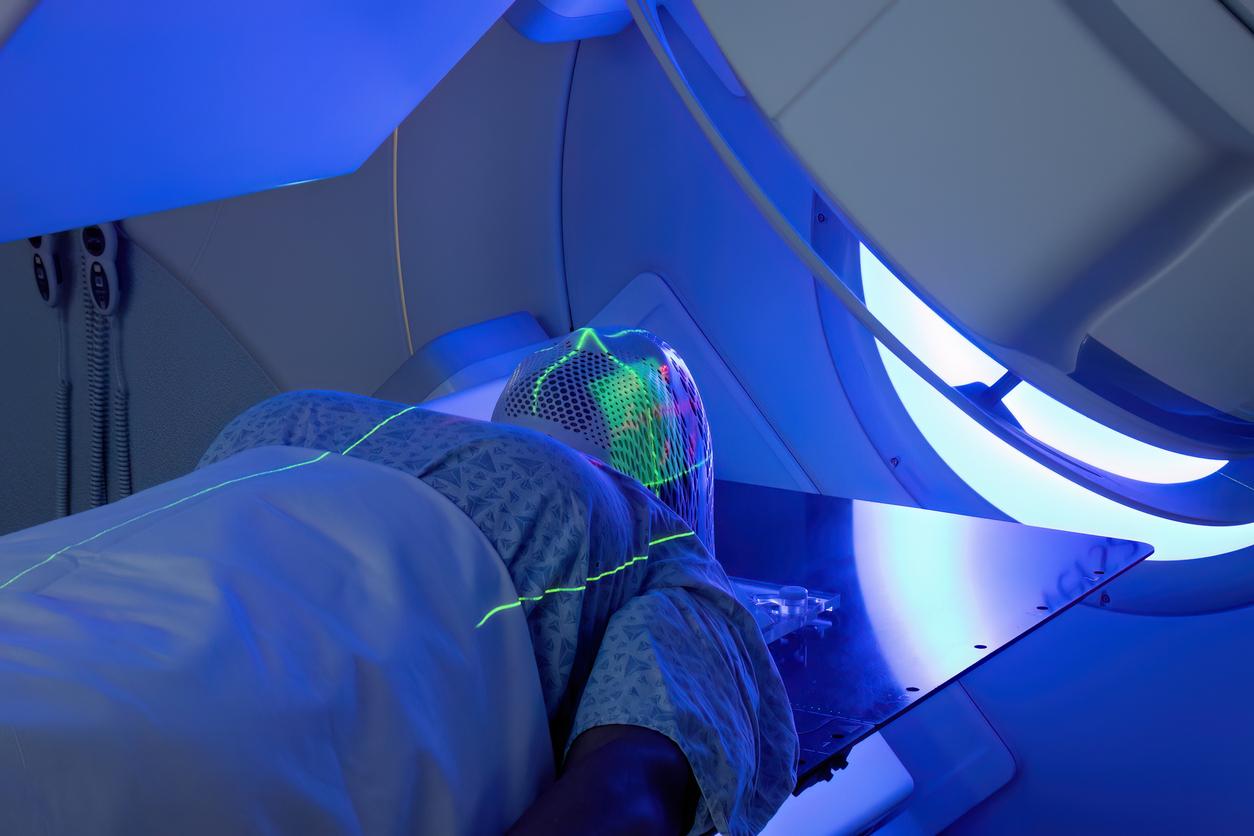Only nine months after being crowned, the British sovereign Charles III must now fight cancer.

- The British King Charles III suffers from cancer.
- “The possibilities are multiple, but the most likely is that he suffers from prostate cancer given the recent surgery for his benign prostatic hyperplasia (BPH),” estimates Dr. Caroline Pombourcq.
- “He may also have urinary tract cancer if abnormalities were detected visually during surgery,” adds the doctor. “Perhaps also that metastases have also been spotted throughout the body of the monarch,” she analyzes.
It’s on the front page of media around the world: the British King Charles III is suffering from cancer.
“During the recent procedure for benign prostatic enlargement, a distinct problem was noted” and “subsequent tests identified a form of cancer”, indicates the palace in a Press release.
Cancer: “Charles III receives expert care”
Buckingham does not specify what form of cancer it is, “but Charles III is receiving expert care and hopes to return to duty as soon as possible.” He has in fact “started a program of regular treatments” Monday February 5 in London, “doctors having advised him to postpone his public activities”.
Still according to the same press release, the king “remains very optimistic about his treatment and looks forward to returning to public office as soon as possible”.
Charles III “chose to share his diagnosis to avoid speculation” and so that “This can help the public understand those around the world who are affected by cancer.”
According to the newspaper The Sun, it was the sovereign who informed his two sons of his cancer. Prince William has not yet spoken publicly on this subject, but Harry will soon visit his father according to AFP.
Cancer of Charles III: “the possibilities are multiple”
What cancer could Charles III have? “There are many possibilities, but the most likely is that he suffers from prostate cancer given his recent surgery for benign prostatic hyperplasia (BPH),” believes Dr Caroline Pombourcq. “He may also have urinary tract cancer if abnormalities were detected visually during surgery,” adds the doctor. “Perhaps also metastases have also been spotted throughout the monarch’s body,” she analyzes.

Benign prostatic hyperplasia is the name used to designate an increase in the size of the prostate caused by a proliferation of cells within this organ. It is a benign condition, which very often appears after the age of 70 and which can cause urinary problems due to the pressure exerted on the urethra.
In the event that medications do not work, an operation may be necessary, such as the one Charles III recently underwent. This intervention may be accompanied by hospitalization for 24 to 72 hours.

















